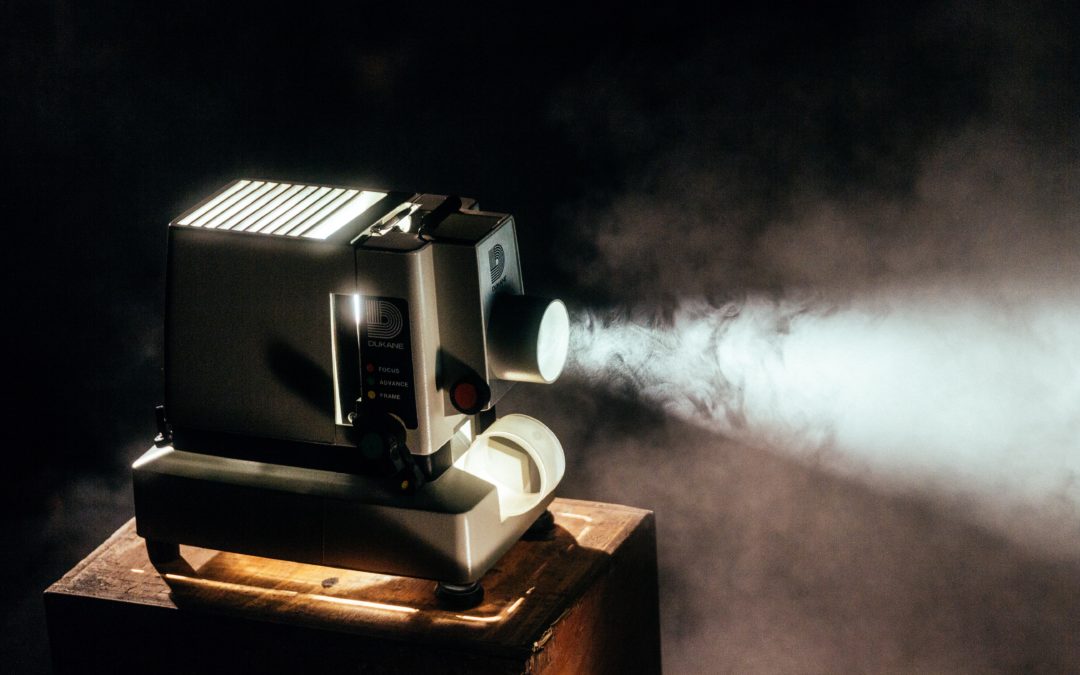
The Truth Behind Michael Oher’s Adoption: A Shocking Revelation
In 2009, the heartwarming movie The Blind Side took the world by storm, telling the inspiring story of Michael Oher, a homeless Black teen who overcame adversity to become an NFL star with the help of his adoptive parents. However, recent revelations by Oher himself have shaken the foundation of this beloved tale. According to a petition filed in the Shelby County Probate Court, Oher claims that his adoption by the Tuohy family, the central figures in The Blind Side, was nothing more than a lie. In this article, we will delve into the shocking details of Oher’s allegations, exploring the truth behind his adoption and the repercussions it has had on his life.
The Allegations Unveiled
In August 2023, Michael Oher made headlines with a petition filed in the Shelby County Probate Court, accusing his former guardians, Sean and Leigh Anne Tuohy, of deceiving him about his adoption. According to the 14-page document, the Tuohys never legally adopted Oher, but instead convinced him to sign a document that granted them conservatorship over his business affairs. This maneuver allowed them to control and profit from Oher’s story without his knowledge or consent.
The petition, obtained by ESPN, alleges that the Tuohys used their power as conservators to secure a lucrative deal that earned them over $300 million from The Blind Side, while Oher received nothing for his integral role in the creation of the story. Furthermore, the document claims that even after the film’s release, the Tuohys continued to refer to Oher as their adopted son, exploiting this false narrative to promote their own ventures, including Leigh Anne’s work as an author and motivational speaker.
Unraveling the Fabricated Tale
The story of Michael Oher’s adoption, as portrayed in The Blind Side, captivated audiences around the world. Based on the 2006 book by Michael Lewis, the film highlighted the extraordinary journey of a young man who overcame immense challenges to achieve success both on and off the football field. However, Oher’s recent revelations have cast doubt on the authenticity of this narrative.
According to Oher’s petition, the lie of his adoption was only discovered in February 2023. He learned that the conservatorship he had agreed to, under the belief that it would make him a member of the Tuohy family, provided him with no true familial relationship. This revelation left Oher feeling not only deceived but also deeply embarrassed by the fact that the story of his adoption, so widely celebrated and embraced, was nothing more than a fabrication.
Impact on Oher’s Life and Career
The fallout from the alleged deception surrounding Michael Oher’s adoption has had a profound impact on his life and career. As a renowned NFL star, Oher’s story became synonymous with resilience and triumph, inspiring countless individuals around the world. However, the revelation that his adoptive family manipulated and profited from his narrative has undoubtedly left a lasting mark on his psyche.
The petition filed by Oher highlights the financial disparities between himself and the Tuohys, with the family reportedly earning over $300 million from the film while Oher received no compensation. This stark contrast in financial gain further amplifies the sense of exploitation and betrayal experienced by Oher.
The Aftermath and Legal Battle
Following the filing of the petition, the legal battle between Michael Oher and the Tuohys is expected to intensify. The allegations made by Oher raise significant questions about the ethical implications of profiting from someone else’s life story without their full consent and involvement.
As the case unfolds, it will be crucial to examine the evidence presented by both parties, ensuring a fair and just resolution. The outcome of this legal battle could have far-reaching implications for the entertainment industry, shedding light on the need for transparency and ethical practices when portraying real-life stories on the big screen.
Reassessing the Legacy of The Blind Side
With the revelation that the story behind The Blind Side may have been built on a lie, it becomes necessary to reassess the legacy of this critically acclaimed film. While the movie undoubtedly resonated with audiences and shed light on important issues such as homelessness and racial inequality, its credibility now hangs in the balance.
It is essential to separate the fictionalized narrative presented in The Blind Side from the real-life experiences of Michael Oher. By doing so, we can gain a deeper understanding of the complexities and challenges faced by individuals like Oher, who must navigate not only their personal struggles but also the exploitation that can come with their stories being adapted for mass consumption.
Lessons Learned and Moving Forward
The allegations made by Michael Oher regarding his adoption and the subsequent exploitation by the Tuohy family serve as a stark reminder of the importance of ethical storytelling. It is crucial for creators and consumers of media to recognize the potential harm that can arise from the manipulation and appropriation of real-life narratives.
Moving forward, it is imperative that we prioritize authenticity and respect when sharing and consuming stories that are rooted in the lived experiences of others. By doing so, we can create a more inclusive and empathetic cultural landscape that celebrates the voices and agency of the individuals whose stories are being told.
Conclusion
The shocking revelations made by Michael Oher regarding his adoption have cast a cloud of doubt over the beloved film The Blind Side. As the legal battle unfolds, it is essential to examine the evidence presented by both parties and strive for a fair and just resolution.
This case serves as a reminder of the power and responsibility wielded by storytellers, highlighting the need for ethical practices in portraying real-life stories on the big screen. By reassessing the legacy of The Blind Side and learning from this experience, we can move towards a more authentic and inclusive approach to storytelling.



RECENT COMMENTS